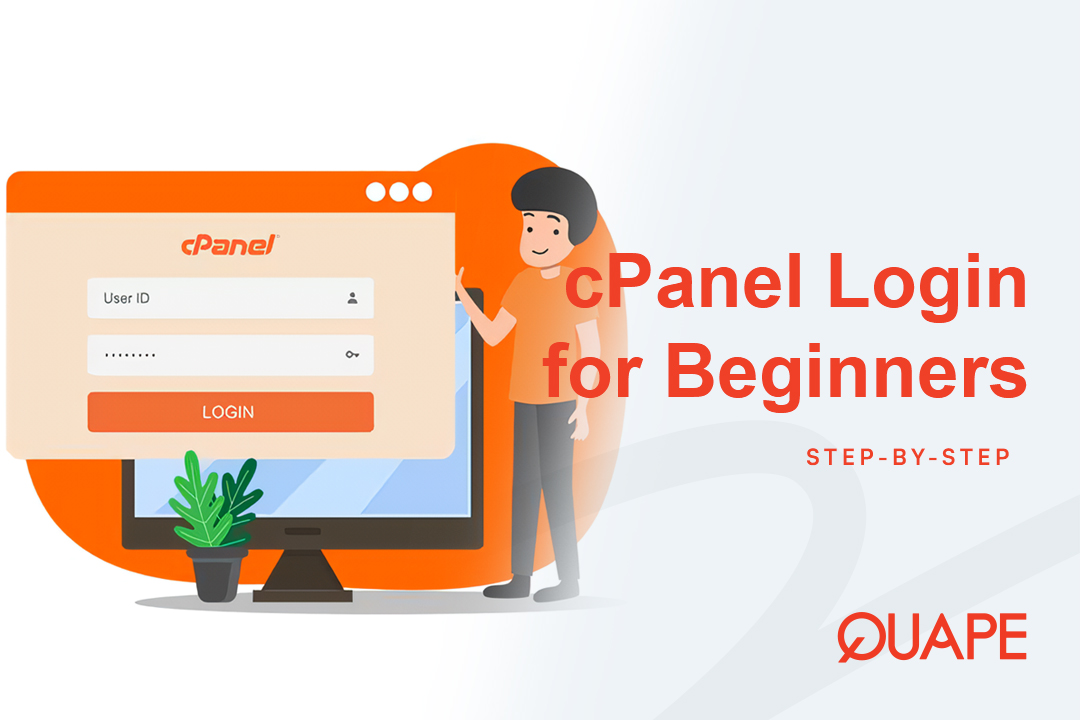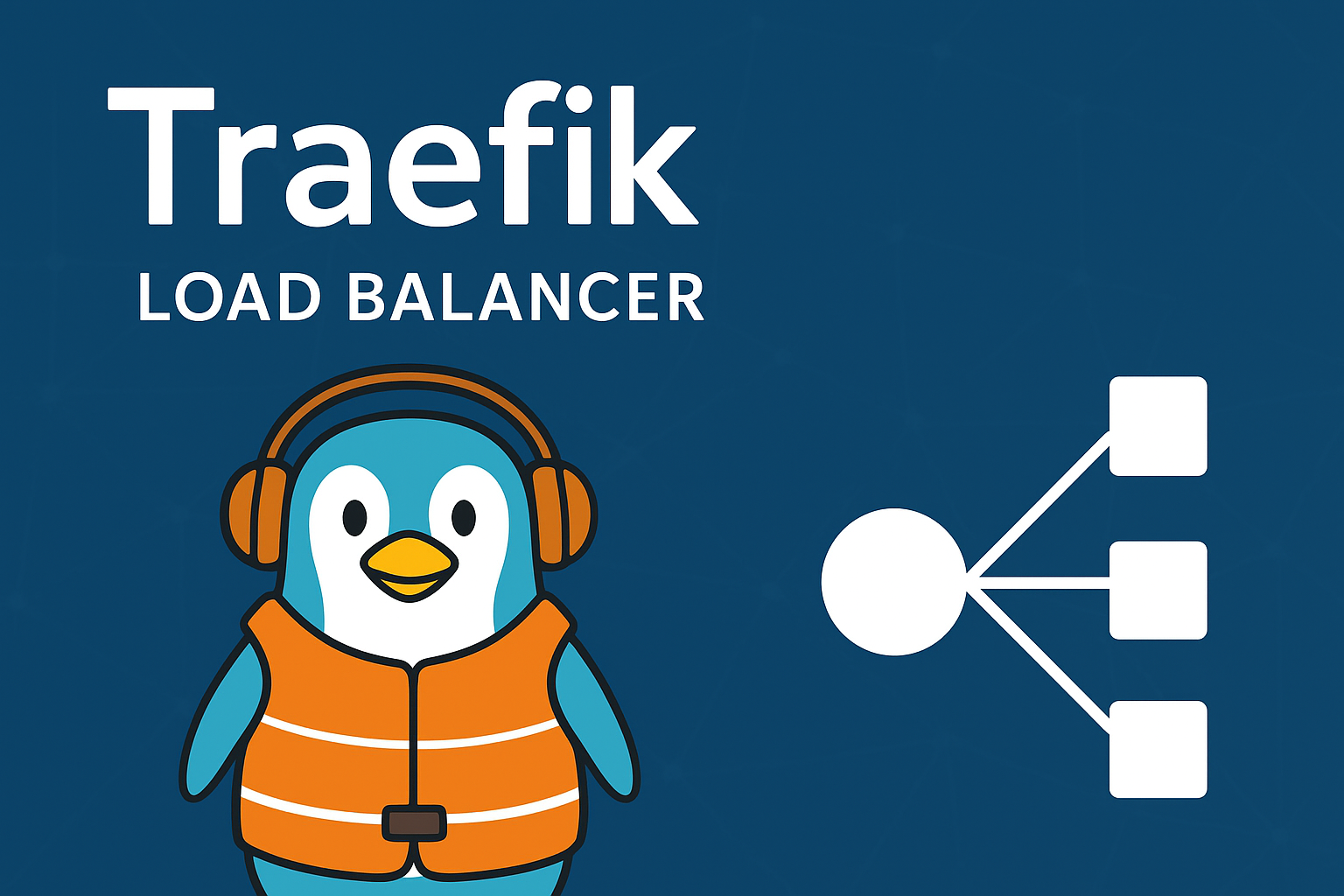In the complex world of Search Engine Optimization (SEO), many factors influence where your website ranks in search results. You might spend hours perfecting your keywords, crafting compelling content, and building quality backlinks. However, one often-overlooked but incredibly critical component is your web hosting. The quality of your hosting directly impacts fundamental aspects of your website that search engines like Google consider vital for ranking. From page load speed to site security and even where your visitors are located, your hosting choices can significantly boost or hurt your SEO efforts. Let’s delve into the profound connection between web hosting and your website’s SEO.
Table of Contents
ToggleThe Undeniable Link: Hosting Quality and Search Rankings
Google’s primary goal is to provide its users with the best possible experience. This means serving up search results that are not only relevant but also fast, secure, and reliable. Your web host plays a crucial role in delivering on these expectations. If your website is slow, frequently down, or insecure, Google will notice, and it will likely penalize your rankings.
Key Ways Web Hosting Impacts Your SEO

Here are the most significant ways your web hosting directly influences your website’s search engine optimization:
1. Website Speed and Page Load Time (A Core Web Vital)
This is arguably the most critical hosting factor for SEO. Google has explicitly stated that page speed is a ranking factor. A slow website frustrates users, leading to higher bounce rates and lower engagement, which signals to Google that your site might not be providing a good user experience.
- How Hosting Affects Speed:
- Server Hardware: Modern servers with fast SSDs (Solid State Drives) and ample RAM (Random Access Memory) can process requests much quicker than older hardware or traditional HDDs (Hard Disk Drives).
- Server Resources: On shared hosting, if your server is overloaded with too many websites, your site’s speed will suffer. More robust options like VPS (Virtual Private Server) or Dedicated Servers provide guaranteed resources, leading to more consistent and faster performance.
- Server Software & Optimization: Optimized server configurations (e.g., using Nginx instead of Apache, or optimized PHP versions like PHP-FPM) and server-level caching mechanisms can dramatically reduce load times.
- Network Connectivity: The quality of the data center’s network and its internet connections directly impacts how quickly data travels to your visitors.
2. Website Uptime and Reliability
Uptime refers to the percentage of time your website is online and accessible. If your website is frequently down, search engine crawlers won’t be able to access it. This can lead to:
- De-indexing: If Google repeatedly finds your site offline, it might temporarily or even permanently de-index your pages, meaning they won’t show up in search results at all.
- Ranking Drops: Even temporary downtime can signal unreliability to Google, leading to drops in search rankings.
- Poor User Experience: Visitors who encounter a “site down” message won’t return, impacting user signals that Google monitors.
- How Hosting Affects Uptime:
- Server Infrastructure: Quality hosts invest in robust hardware, redundant power supplies, and multiple network connections to minimize downtime.
- Monitoring & Support: Proactive server monitoring and a responsive support team can quickly resolve issues, preventing prolonged outages.
- Load Balancing: High-traffic sites benefit from hosts that use load balancing to distribute traffic across multiple servers, preventing any single point of failure.
3. Server Location (Geographical Proximity)
The physical location of your web server matters, especially for local SEO and user experience.
- Latency: Data travels faster over shorter distances. If your target audience is in Singapore, having a server in Singapore will generally result in faster load times for them compared to a server in, say, Europe or the USA. This reduced latency improves user experience and, by extension, SEO.
- Google’s Preference: While not a direct ranking factor in the same way, Google uses server location as one of many signals to determine local relevance. If you’re targeting a specific country, a server in that country can subtly benefit your rankings for local searches.
- CDN (Content Delivery Network): For a global audience, a CDN becomes crucial. A CDN stores cached copies of your website’s static content (images, CSS, JavaScript) on servers located around the world. When a user visits your site, the CDN delivers content from the closest server, drastically reducing load times regardless of your main server’s location.
4. Website Security (HTTPS and SSL Certificates)
Security is no longer optional for SEO; it’s a direct ranking signal. Google actively prefers secure websites.
- HTTPS (SSL/TLS): Websites served over HTTPS (indicated by a padlock in the browser) use SSL/TLS certificates to encrypt data between the user’s browser and the server.
- How Hosting Affects Security:
- Free SSL: Most reputable hosts offer free SSL certificates (e.g., Let’s Encrypt) and make it easy to install and renew them.
- Server-Level Security: Quality hosts implement server-level firewalls, malware scanning, and intrusion detection systems to protect all sites on their servers.
- Managed Hosting: Managed WordPress Hosting often includes proactive security monitoring, malware removal, and regular security updates as part of the service.
5. Server Environment & Software (PHP Version, Database Optimization)
The underlying software environment of your hosting can also impact SEO performance.
- PHP Version: WordPress, and many other CMS platforms, run on PHP. Newer PHP versions (like PHP 8.2 or 8.3) are significantly faster and more secure than older ones. A good host allows you to easily update your PHP version.
- Database Management: Optimized database servers (e.g., MySQL, MariaDB) and efficient database querying can reduce the time it takes for your site to retrieve content.
- HTTP/2 (and HTTP/3/QUIC): Modern hosts support the latest HTTP protocols, which are designed for faster and more efficient data transfer than older HTTP/1.1.
6. IP Address Reputation
While less common, being on a “bad neighborhood” IP address can sometimes have a minor impact. If other websites on the same shared IP address are involved in spamming or illegal activities, search engines might flag the IP, potentially affecting your site’s reputation. Reputable hosts actively monitor and manage their IP pools to prevent such issues.
Choosing the Right Hosting for SEO
Understanding how crucial hosting is for SEO should guide your decision-making. Here’s what to look for:
- Prioritize Performance: Look for hosts offering SSD storage, sufficient RAM/CPU, optimized server software (like Nginx), and built-in caching.
- Guaranteed Uptime: Choose hosts with a strong uptime guarantee (99.9% is standard) and a track record of reliability.
- Strategic Server Location: Select a data center close to your primary audience, or ensure the host offers good CDN integration.
- Strong Security Features: Ensure they provide free SSL, firewalls, and regular security updates.
- Scalability: Pick a host that allows you to easily upgrade your plan (e.g., from shared to VPS or managed WordPress) as your site grows, minimizing the need for complex migrations.
- Quality Support: A knowledgeable support team can help you optimize your hosting settings for better performance and quickly resolve any issues that might affect your SEO.
Conclusion
Your web hosting is much more than just a place where your website “lives”; it’s a foundational element of your SEO success. Factors like website speed, uptime reliability, server location, and robust security are not just technical details—they are direct signals that influence how search engines perceive and rank your site. Investing in quality hosting is not an expense; it’s an investment in your website’s visibility, user experience, and ultimately, its online growth. Don’t let subpar hosting undermine all your hard work on content and backlinks.
For powerful, reliable, and SEO-friendly web hosting solutions right in Singapore, look no further than Quape. Whether you need high-performance WordPress Hosting, scalable VPS, or robust Dedicated Servers, Quape provides the optimized infrastructure, fast speeds, and excellent uptime necessary to boost your search engine rankings and deliver an outstanding experience to your visitors. Choose Quape and give your website the strong foundation it needs to climb the SERPs!
- How to Log In to WordPress Dashboard Easily - September 30, 2025
- Forgot WordPress Password? How to Reset It Easily - September 29, 2025
- How to Log In to cPanel Easily for Beginners - September 27, 2025




